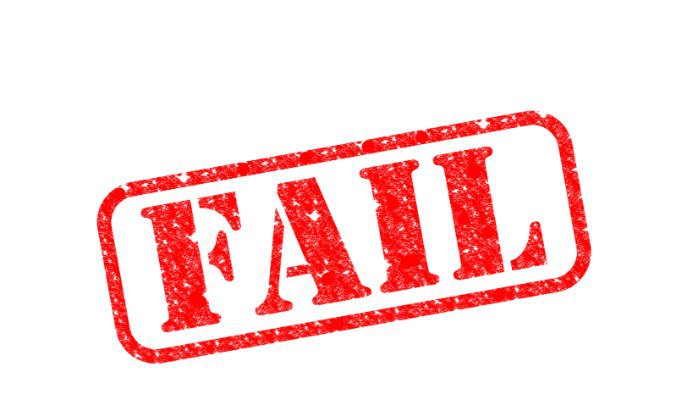BIS Puts the Squeeze on China, Russia and Venezuela
Amendments to the Export Administration Regulations may seem so dry and pedantic to non-specialists. The bureaucratic jargon, references to dry-as-dust sub-subsections, and wooden prose can mask legal changes with important consequences. I’ll leave it to you, Gentle Readers, to consider whether the Bureau of Industry and Security’s three new and proposed rules restricting trade with China and Russia appear to fall right into that description. Regardless, they will have far-reaching effects for your compliance programs. Today’s discussion will focus on the new “military end use/end user” rule.
Military End Uses and End Users Subject to License Requirement
On April 28, 2020, BIS adopted a final rule imposing export license requirements on designated products to military end uses and end users in China, Russia and Venezuela. There are two key points for understanding the breadth of this change. First, the definitions of “military end use” and “military end user” are expansive, and have the potential of snaring enterprises with primarily civilian functions. Second, the products subject to the license requirement include common commodity end items and components that hitherto faced few controls, at least to the affected countries. The new rule is effective on June 29, 2020.
The definition of military end use includes incorporation of the controlled product into a “military item”, as identified in the U.S. Munitions List or in Commerce Control List entries for munitions (i.e., any Export Control Classification Number ending in “A018” or in the “600 series”). It also applies for “any item that supports or contributes to the operation, installation, maintenance, repair, overhaul, refurbishing, ‘development,’ or ‘production,’ of” such “military items.”
The “incorporated into” provisions seems straightforward, but the “supports or contributes” standard is broad and vague. Does the use of a computer covered by the new rule in the headquarters office of a Russian corporation providing repair services to that country’s air force qualify? What if the controlled item is an electronic module that gets incorporated into that computer?
“Military end user” has a similar two-part definition. It includes the “national armed services, national guard, national police, government intelligence or reconnaissance organizations of the affected countries. In addition, it means “any person or entity whose actions or functions are intended to support military end uses as defined above.” Based on the definition of “military end use”, a private company engaged in production of “military items” could qualify as a “military end user”, as could one providing computer network support for that company.
The real kicker is that the rule appears to require designating a company engaged in such activities as a “military end user” in its entirety. In that case, supplying covered products for the company’s use in operations completely unrelated to its military side would be subject to the export license requirement.
A Broad Array of Licensable Products
The products covered by the license requirement are described by ECCN in the Federal Register notice. I won’t repeat them here, but note that they include, but are not limited to, designated electronic devices and components, general purpose electronic equipment (including electronic test equipment), equipment and specially designed parts thereof for the manufacture of electronic parts, components and materials, equipment for inspection or testing of electronic components and materials, digital computers, telecommunications test equipment, encryption hardware and software, and civil aircraft parts.
New Compliance Challenges
These articles were initially placed on the CCL for antiterrorism control reasons, which do not normally apply to China, Russia and Venezuela. Aside from the new end use/end user restrictions, CCL-based export licenses are not required for transactions with these countries.
Accordingly, exporters and other suppliers of the designated items must evaluate their transactions with the three countries to ensure that they do not run afoul of the license requirements. End users and their activities must be reviewed to ensure that they do not fall under the rule, ECCN classifications confirmed and foreign-produced items with controlled U.S. content evaluated for “subject to the EAR” status. Also, note that the applicable “knowledge” standard applies when there is actual knowledge or reason to know the articles are intended for a military end use/end user. Finally, given that license applications will be faced with a policy of denial, Chinese, Russian and Venezuelan parties that will be subject to the license requirement are unlikely to qualify as continued customers for the controlled articles.
You can read original posting here > Thompson & Associates, PLLC








